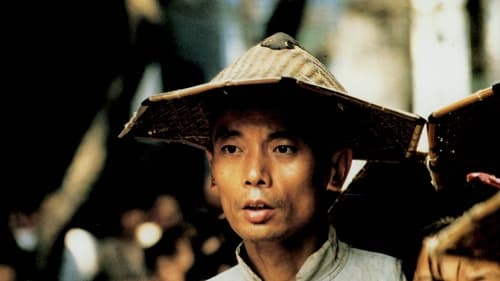
Fugui and Jiazhen endure tumultuous events in China as their personal fortunes move from wealthy landownership to peasantry. Addicted to gambling, Fugui loses everything. In the years that follow he is pressed into both the nationalist and communist armies, while Jiazhen is forced into menial work.

Estrangeiros cruzam a China de trem quando começa a guerra civil. A sensual Shanghai Lily e uma antiga paixão sua, o capitão Donald Harvey, estão entre os passageiros. Ela usa seu poder de sedução para salvá-lo das maldades de um militar chinês. (e 14 - Estimado 14 Anos)
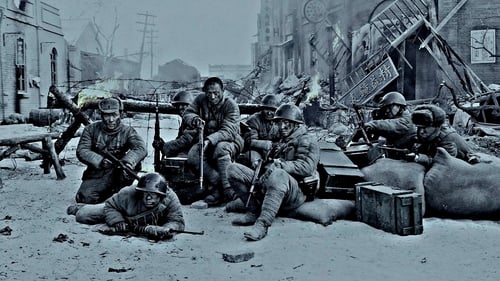
O primeiro filme de guerra do diretor chinês Feng Xiaogang, ASSEMBLÉIA, conta a história do alto ponto da sangrenta Guerra Civil Chinesa de 1948, um líder de uma companhia do Exército da Libertação (Liberation Army), do lado comunista, foi ordenado a comandar 47 de seus homens para defender uma posição por pelo menos quatro horas. Eles poderiam sair em retirada uma vez que ouvissem a chamada da assembléia. A chamada nunca veio e todos, menos o líder da companhia, morreram. Alguns anos depois, lutando em outra Guerra na Coréia, ele ainda procura pela explicação por nunca terem ouvido a chamada da assembléia e tenta provar que todos os seus homens morreram como verdadeiros heróis.
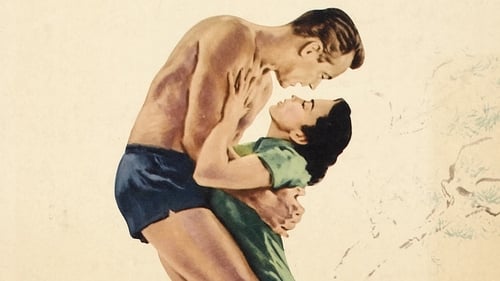
O jornalista americano Mark Elliott é correspondente de guerra em Hong Kong e está separado de sua esposa. Durante os últimos dias da guerra civil chinesa, ele conhece e corteja uma bonita doutora eurasiana, a viúva de um general nacionalista. Mas quando eles começam a se apaixonar, a pressão dos amigos dele e da família chinesa dela os faz interromper o relacionamento inter-racial.
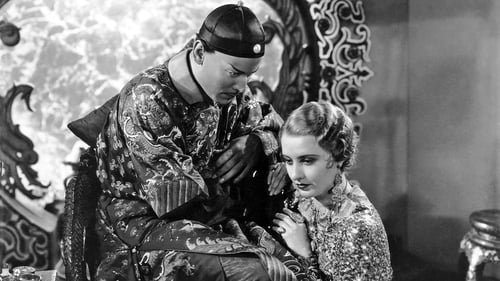
An American missionary is gradually seduced by a courtly warlord holding her in Shanghai.
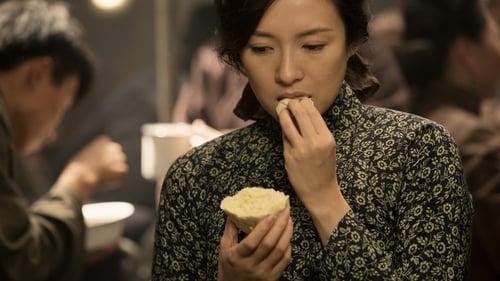
A story of three couples and their intertwining love stories set in 1940s Taiwan and Shanghai, centered around the 1949 sinking of Taiping.
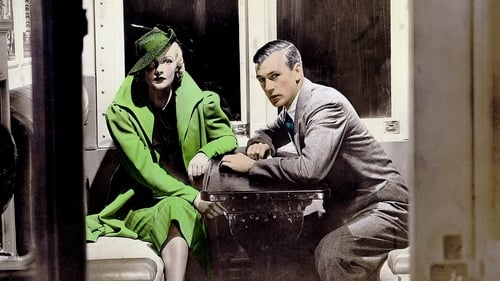
China, 1930s, during the ravaging civil war. General Pen entrusts O'Hara, an intrepid American adventurer, with the mission of providing a large sum of money to Mr. Wu with the task of buying weapons in Shanghai to help end General Yang's tyranny that keeps an entire province under his ruthless iron boot.
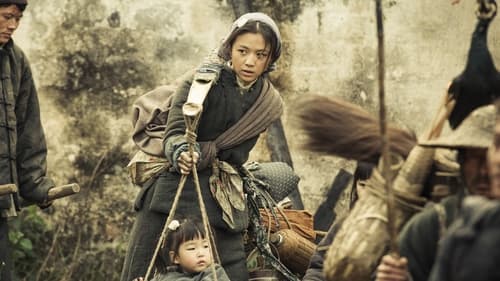
A former spy in the Chinese Nationalist Party falls for an opium-dealing widow, as China is ravaged by war and revolution.

As the Communist Party of China celebrates its 100th anniversary, this documentary looks back at the party’s history, from the 1920’s, to the Civil War, the Great Leap Forward, the Great Famine, the Cultural Revolution and the reforms by Mao Zedong and Deng Xiaoping. Did the Great Famine cost more than 15 million lives? How does the Cultural Revolution continue to shape Chinese politics today? What was capitalism like after Mao’s death? Through rare and never-before-seen historical footage, expert interviews and eyewitness accounts of the Great Famine, Tiananmen incident, and the Cultural Revolution, get to know how one party has so profoundly shaped China.

Driver Ko Wah (Lee Ching) refuses to transport ammunitions for the enemy, and is sent to jail after a scuffle with his traitorous boss. Although down and out, Ko takes in Siu-fung (Yung Siu-yi), an unwilling erotic dancer who has fled the war to Hong Kong. They may lead destitute lives, but their conscience remains intact. Director Cai Chusheng co-founded the National Salvation Association of Cinema. When Ko makes a uproar at the dance parlour and rips apart his friend's zombie costume, it represents Cai's criticism on the muddling-along attitude of Hong Kong society at the time. The characters' decision to return to the mainland to join the resistance effort also foretells Cai's decision to do the same in real-life.

Mao Zedong was not only a revolutionary leader and thinker, he was also a poet. In poems written in the classic calligraphic tradition he expresses his experiences and visions. In this film, 8 of Mao's poems are sung, recited and interpreted: 'Changsha' (1925), 'Jinggang Mountains' (1928), 'The Long March' (1935), 'Snow' (1936), 'The People's Liberation Army Captures Nanjing' (1949), 'Swimming' (1956), 'Reply to Comrade Guo Moruo' (1961) and 'Reascending Jinggang Mountains' (1965). Through these poems we get a picture of the Chinese revolution from its first beginning in 1921 until the Cultural Revolution. The poems of Mao Zedong have been published in more than 57 million copies

Um roteirista alcoólatra decide beber até morrer em Las Vegas. Ele conhece uma bela prostituta e os dois começam um relacionamento incomum: ela não pode dizer a ele para parar de beber e ele não pode culpá-la pelo trabalho dela.

John Nash (Russell Crowe) é um gênio da matemática que, aos 21 anos, formulou um teorema que provou sua genialidade e o tornou aclamado no meio onde atuava. Mas aos poucos o belo e arrogante Nash se transforma em um sofrido e atormentado homem, que chega até mesmo a ser diagnosticado como esquizofrênico pelos médicos que o tratam. Porém, após anos de luta para se recuperar, ele consegue retornar à sociedade e acaba sendo premiado com o Nobel.

Nesta versão para os dias de hoje da peça de Shakespeare o cenário é Verona Beach. Os Capuleto e os Montéquio, duas famílias que sempre se odiaram, têm rixas sem cessar, mas isto não impede que Romeu (Leonardo DiCaprio), um Montéquio, se apaixone pela bela Julieta (Claire Danes), uma Capuleto. Entretanto, uma apresentadora de televisão anuncia que este amor profundo acabará gerando trágicas conseqüenciais, em virtude desta insana rivalidade familiar.












